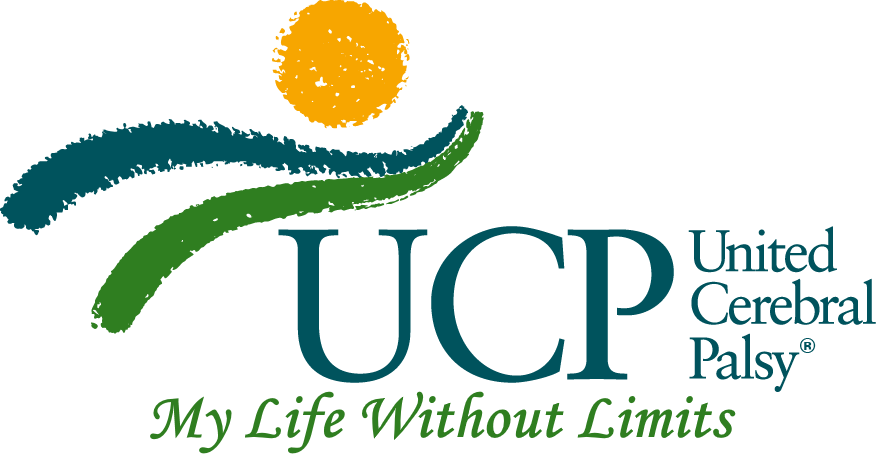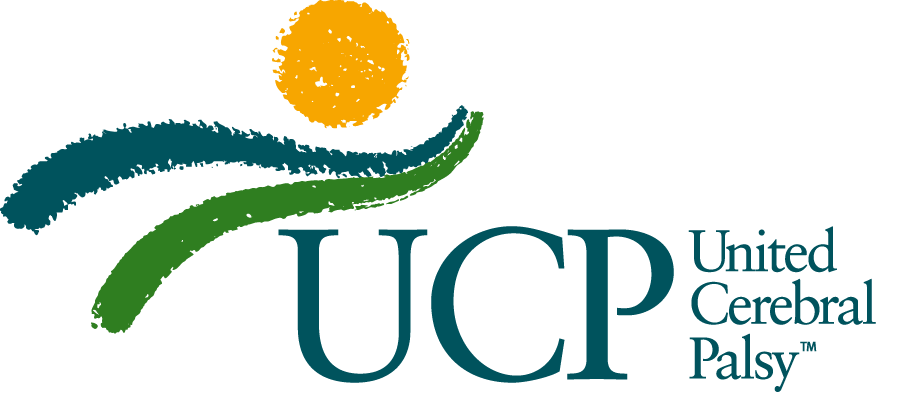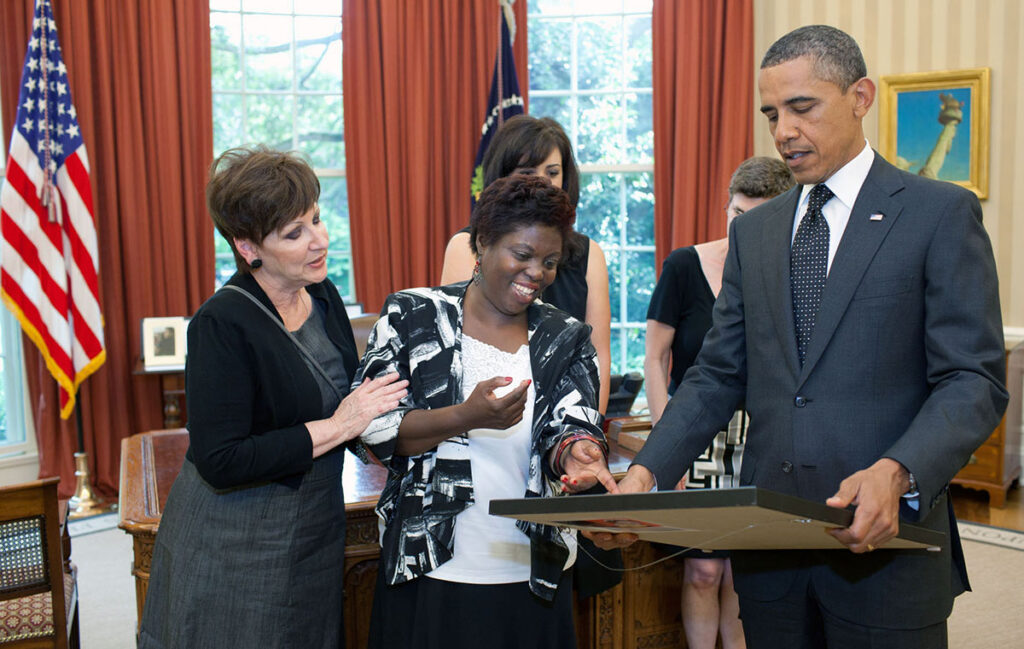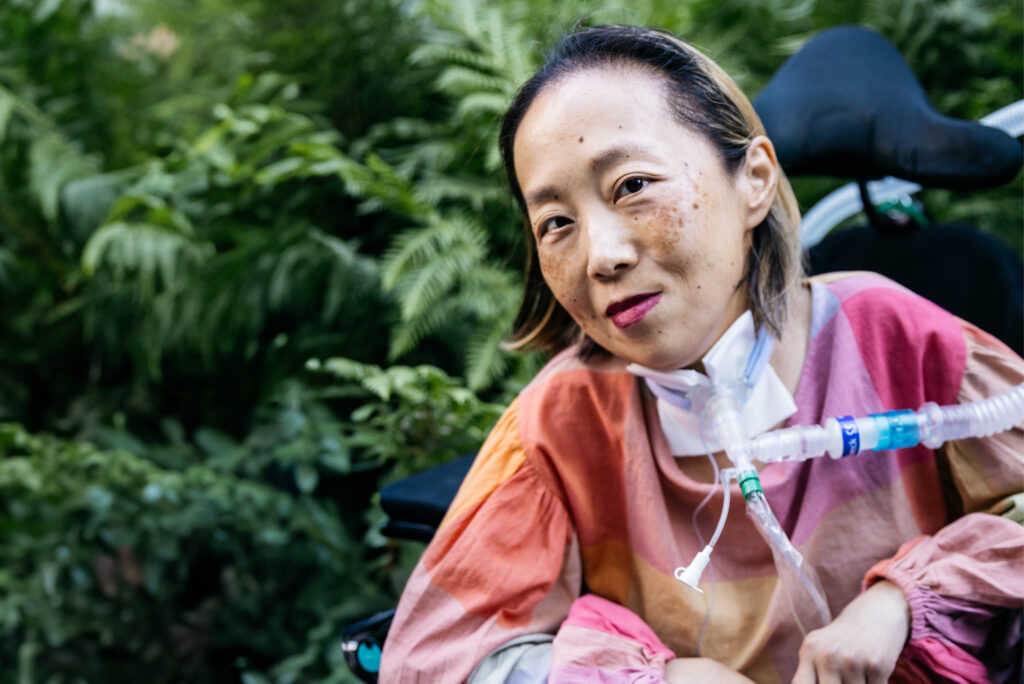By Stephen A. Dantzig, Psy. D., Education and Outreach Program Manager, United Cerebral Palsy Association of Hawai’i
I want to start by saying that I am not, and never have been, a licensed psychologist. I was a school psychologist for almost 40 years, and I taught cognitive behavior therapy and counseling theories for two university graduate programs. What follows is based on my experiences, what I taught, and the limited research available. It is not meant to be considered professional advice.
With that said, the barriers that people with disabilities face in receiving proper mental health services are real, and some were outlined in our last blog.
Understanding Barriers to Mental Health Care

Some barriers are physical, such as an inability to physically get to a therapist. Some barriers are interpersonal or even systemic, such as difficulty communicating one’s needs or even the belief that the mental health needs of people with disabilities are “simply part of the disability.”
Some barriers are within us; essentially, a feeling that we are not worth the effort or help. Unfortunately, the solutions to these barriers are not easily addressed, and the available resources are limited.
One of the more common thoughts online is the need for advocacy — either self-advocacy or with assistance from a friend, caregiver, or state resource — to face the barriers to mental health care.
Challenging Internal Barriers
However, to effectively advocate for ourselves, we must first challenge these internal barriers. One of my primary goals when I was providing counseling for students with mild to profound physical disabilities was to work with them on separating the disability from themselves. It is very easy to blend how you feel about your disability and how you feel about yourself.

I used to have a handmade poster on the wall of my office that read: “Rate the situation as good or bad, but not yourself.” In other words, you can realistically identify the difficulties created by the disability and also recognize that these difficulties are not good. However, the link that implies, “My disability is not good, so therefore, I am also not good,” does not exist. We make that part up in our heads. Once we can separate those two (through a lot of hard work), then we can tackle some of the other barriers discussed.
A related situation is when others, especially those you are asking for help, see the two as connected, or that your emotional concerns are part of your disability. Feelings of anxiety or depression are very common among people with disabilities, but here’s the thing: they may realistically be related to what you can or cannot do as a result of your disability, especially if the disability is sudden or recently identified.
Concerns about decreasing independence or increasing isolation and pain are real and need to be addressed with compassion and care rather than being told it is all part of the package. Your feelings and concerns are no less valid or important than any issue that leads people to seek emotional support.
Overcoming Communication and Cognitive Barriers
Difficulty with communication can be problematic, but is by no means a deal breaker. I started working with school students with severe physical disabilities in 1988. Augmentative communication systems were not as sophisticated as they are today. I remember when a student would need to hit a head switch four or five times just to get to one word. It was a very slow process, but I look back and hope that my students felt that someone cared for them and that they were given opportunities to express themselves. It was better than nothing.
Advocating for Yourself
Advocacy again is key here. Be up front about your need to use an augmentative device or a sign language interpreter. Patience is the key for both you and your counselor. Your community health center might be a good place to start to look for a counselor. You can also use UCP’s Information and Referral Service to locate resources in your area.
Another common false belief is the idea that people with intellectual disabilities cannot benefit from mental health services. Once again, I have personally worked with people of varying degrees of intellectual disabilities. While it is true that traditional talk therapy may not be as effective when the ability to understand and use logical reasoning is absent, there is no reason that therapeutic approaches tailored to the client’s cognitive developmental level cannot be helpful.
I started my career as a practicum student in a preschool. I provided counseling services to three-year-old students. It was called play therapy. I also later ran groups for high school students with Down syndrome and other developmental disabilities.
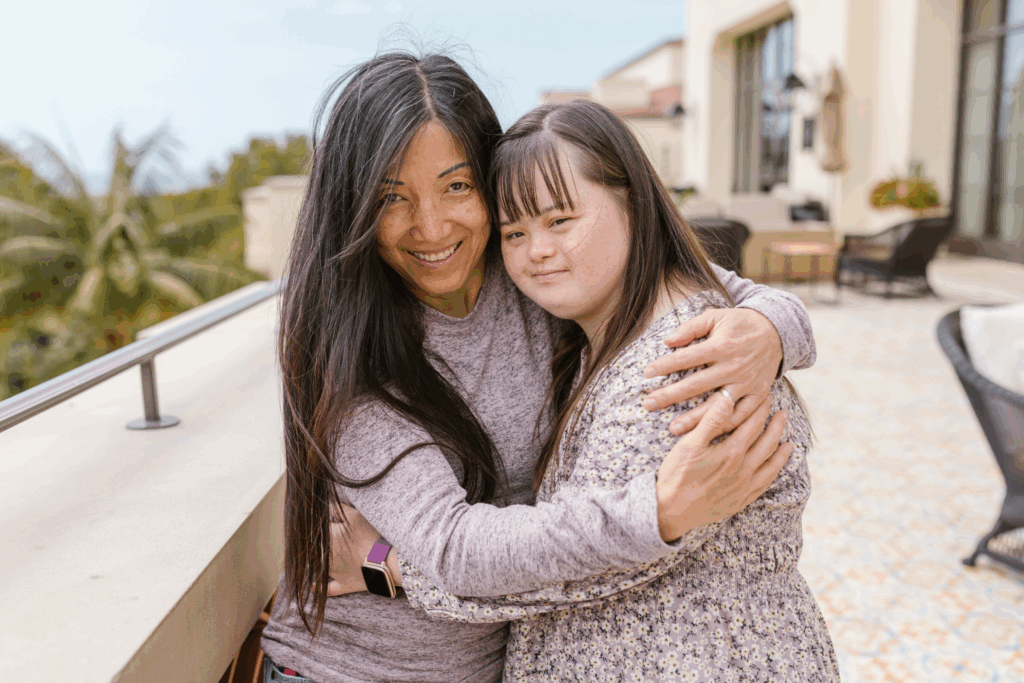
Caregivers, stand up for those in your care and ask for a therapist who knows how to work with younger populations to find your match. To be clear, I am not suggesting that an older person with an intellectual disability be treated like a three-year-old. Instead, I am suggesting that a counselor who understands what kinds of and how much information can be understood by their clients may be helpful.
Some therapists specialize in working with people with disabilities or chronic illnesses. One of them penned this important blog post about living well despite chronic illness or disability.
Telehealth and Technology-Based Support
The physical barriers to care may be more problematic. Telehealth options are becoming more and more commonplace, but you need reliable access to the internet or a phone at the very least. Telehealth may also present additional challenges for people with intellectual disabilities. However, this report asserts that while there are challenges and cautions for using telehealth, the current trend and advancements in computerized interventions is encouraging.
Final Thoughts: Persistence and Hope
Mental health concerns are as prevalent in people with disabilities as are the barriers to appropriate care. However, the reality is that mental health concerns are complex for all of us, and we all go through some periods of difficulty. It is part of being human, yet it never defines us.
Help is always available, even though it can be difficult for those of us with disabilities to access it. Remember that it is possible, and be persistent in your self-advocacy to obtain the help you deserve.
About the Author
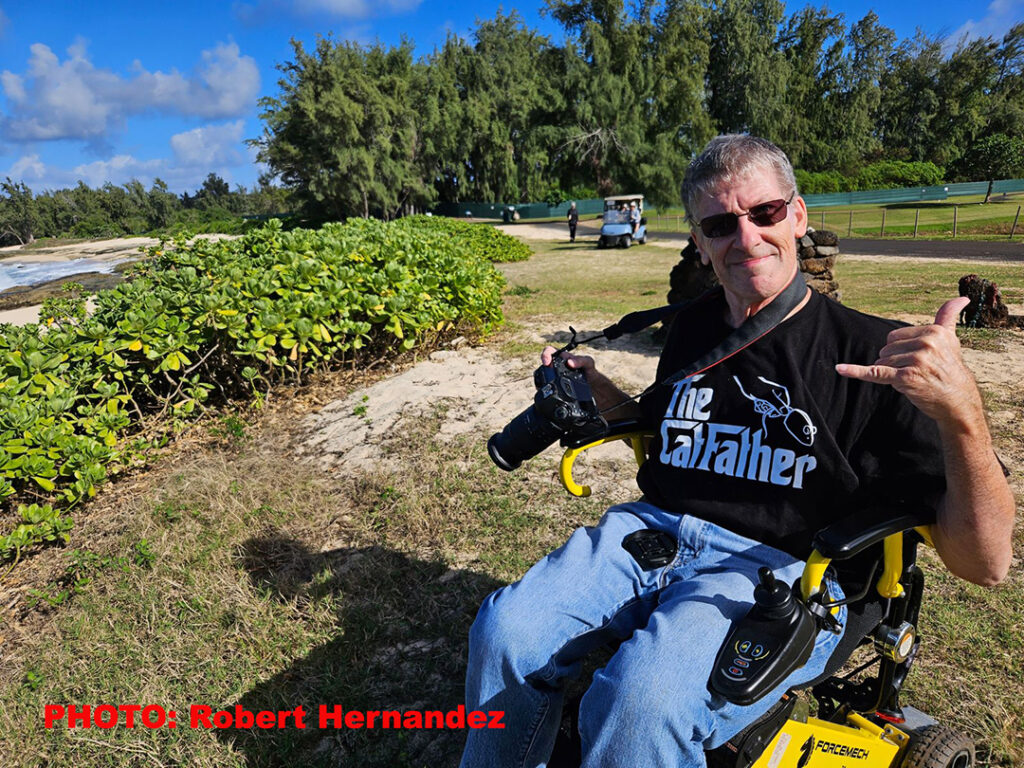
Dr. Stephen Dantzig earned his Doctor of Psychology degree from the Rutgers University Graduate School of Applied and Professional Psychology in 1991. His dissertation studied the development of higher cognitive functioning of children with cerebral palsy and spina bifida. He was a school psychologist for 38 years, serving New York, New Jersey, California, and Hawai’i, and is now the Education and Outreach Program Manager at the United Cerebral Palsy Association of Hawai’i. His autobiography was Get Up, Your Bus Is Here: Living MY Life with Cerebral Palsy: Trials, Tribulations and Triumphs. Read more about Stephen here.
Your Voice Matters Beyond this blog, United Cerebral Palsy Association of Hawai’i is working on a research study about aging with cerebral palsy. If you are an adult with cerebral palsy — or care for one — we invite you to share your experiences in their survey. Your input will help shape more compassionate care, policies, and support systems for adults with cerebral palsy. Take the survey here.
